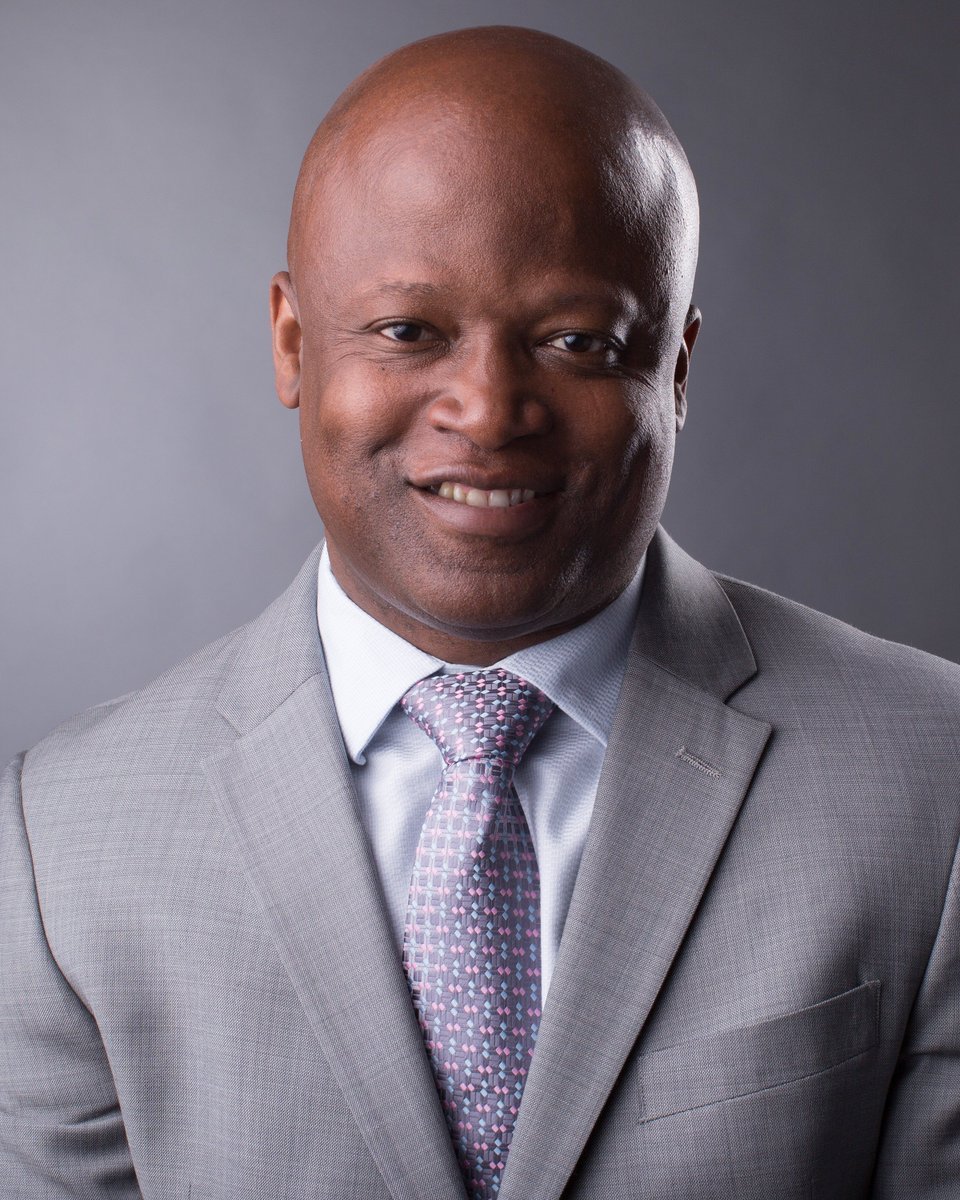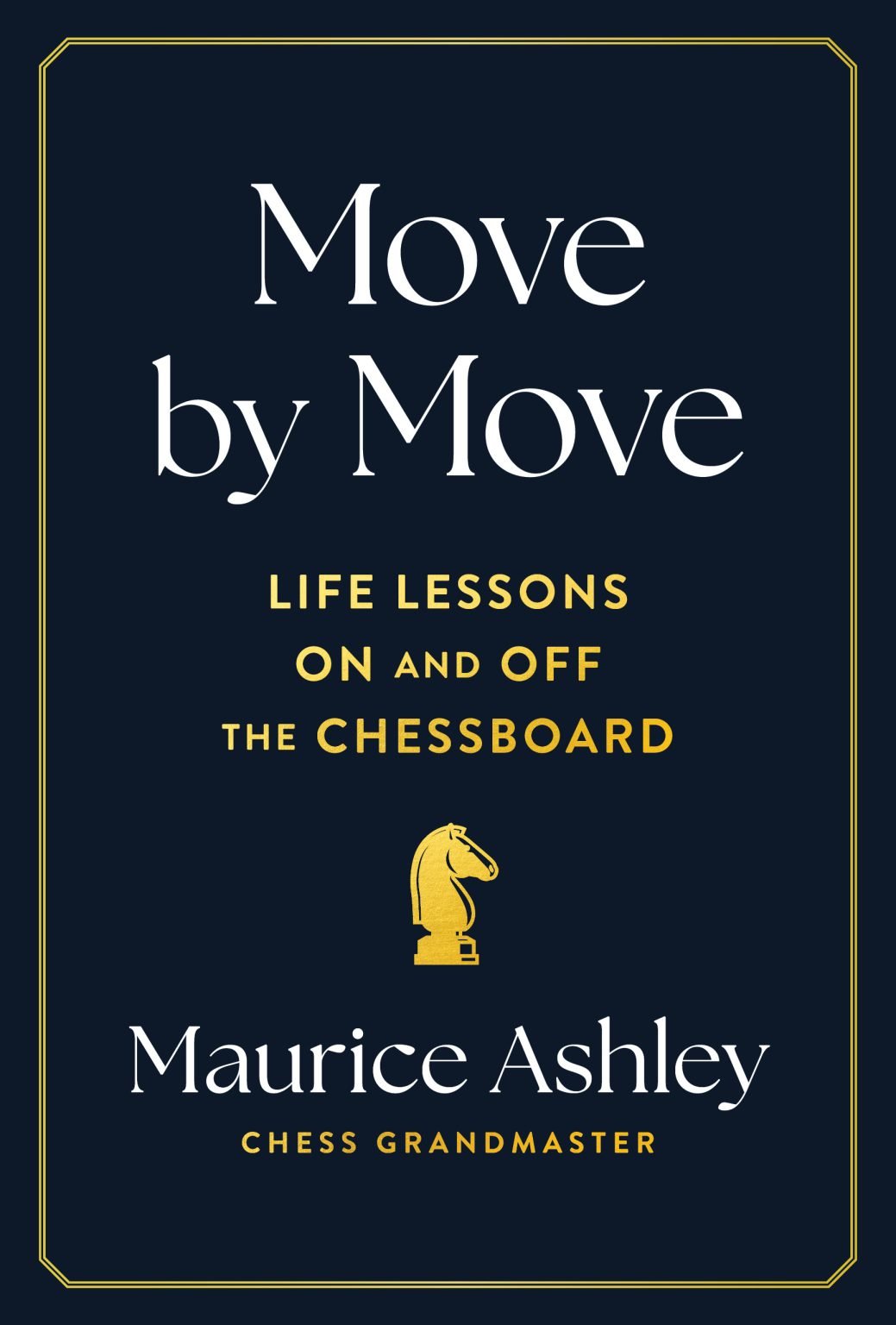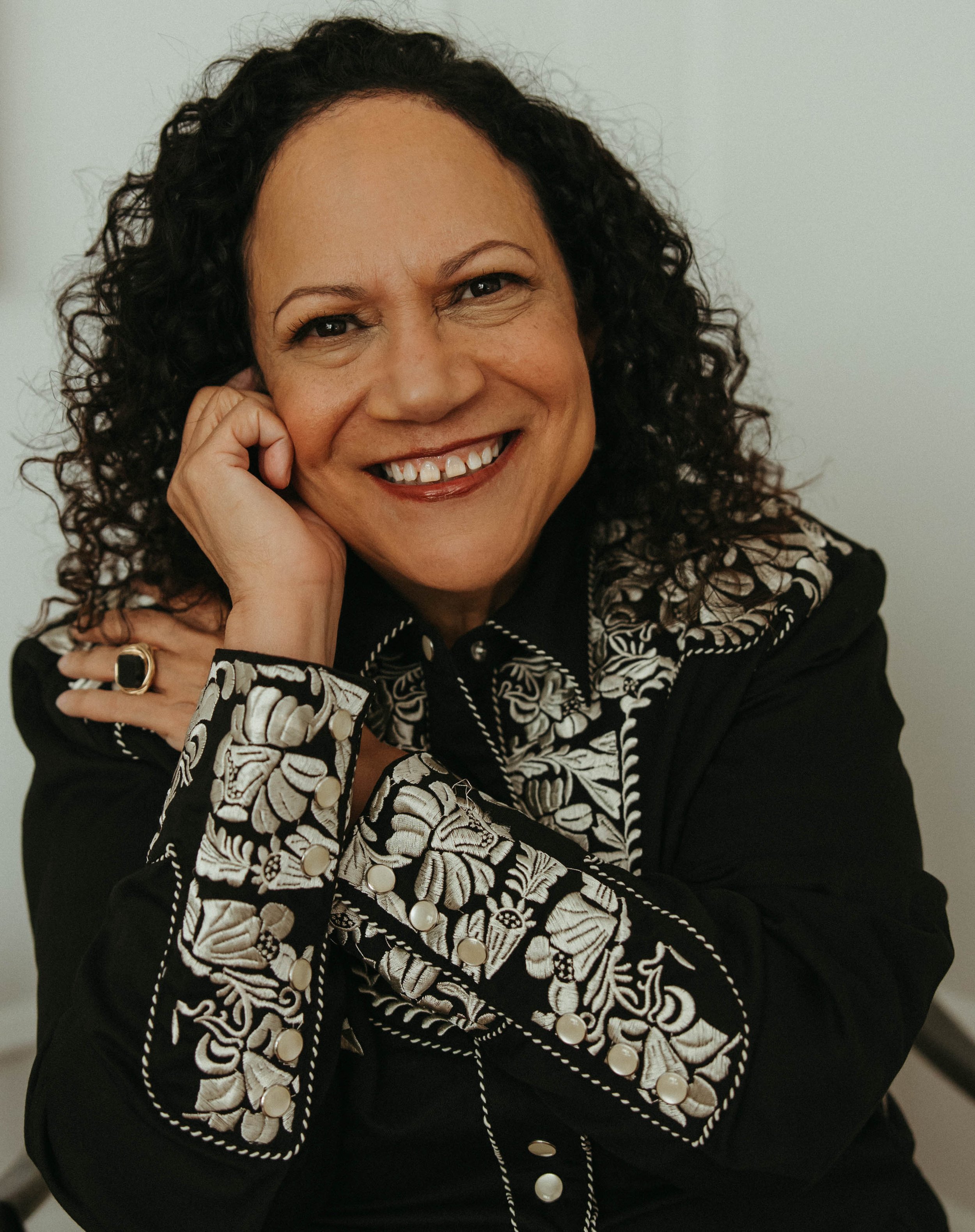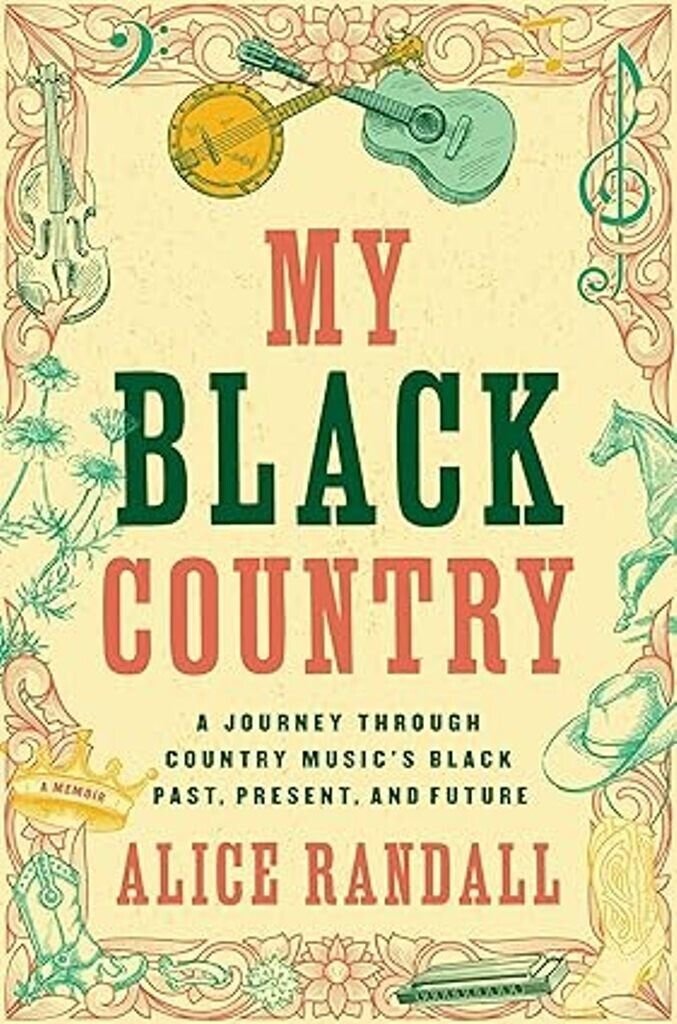Mastering Your Craft
Mastery, it’s a word you don’t often hear in reference to modern-day career paths. Harkening back to the Middle Ages, mastery was considered the pinnacle of one’s trade after years of study. The journey to reach mastery was based on three levels: you began as an apprentice studying under a master of the trade to learn the fundamentals; when you achieved enough proficiency, you became a journeyman—sufficient skill to take on more responsibility, but still under the watchful eye of the master; and finally you became a master craftsman—recognized for a high level of skill and completing the circle by taking on apprentices of your own.
When Greg and I introduce our Jazz Leadership Project model to new clients, we ofttimes refer to this three-level process that has been customary for a jazz musician’s development. Fortunate are those who have the opportunity for tutelage under a virtuosic master. For many, being “In the Shed” is where they will acquire and hone their skills, perhaps emulating or imitating a master musician, but eventually, identifying and developing their own sound.
One field where mastery is commonly recognized is chess. In a recent CBS This Morning interview, chess Grandmaster Maurice Ashley spoke about his new book, Move by Move: Life Lessons On and Off the Chessboard and what it takes to achieve the highest level of chess. He explained his concept of “To become, be” meaning that you don’t worry about the goals and results, you concern yourself with the process. Ashley says that your mindset needs to be on the things that will make you a champion—the training, the focus, and the commitment to master the craft. Achieving Grandmaster status meant that he had to be that person.
Ashley’s approach, which in many ways aligns with the jazz apprentice—journeyman—master craftsman model, is about continual learning. Jazz musicians are perpetually in the shed, refining and perfecting their sound. Ashley likens this attitude to a child’s beginner mindset of never-ending learning. Ashley considers himself an “advanced beginner” because there is “so much greatness and wonder in the game.”
Bringing My Authority
With mastery comes a sense of authority—the confidence that arises from the expertise and ability gained through deep study and practice. In a recent New York Times article, author and songwriter Alice Randall talked about her new book, My Black Country and reflected on her journey from having “to find my authority” to having “to bring my authority.” Her dream was to be a novelist and write country songs to support her novel writing.
It was a journey of deep study. Randall had no musical skills so spent a plethora of hours listening to songs on the radio, typing out the lyrics and analyzing them through her literary skills, studying other songwriters, building a company to pitch songs, and “creating a counter-narrative” to the origins of country music sans the influences of Black performers like DeFord Bailey, Lil Hardin Armstrong, and others. One could say that Randall traversed the apprentice-journeyman-master journey. She became the first Black woman to write a number one country hit in 1994. Now, a New York Times best-selling novelist and creator of over twenty recorded songs, Randall is still typing out lyrics to study, just as she did when she first started. She’s currently transcribing songs from Beyonce’s chart-topping country album Cowboy Carter.
Mastery is indeed a journey—a quest for knowledge and a pursuit of self-awareness, informed by intentionality and choice. Once we honor and value the possibilities of greatness and wonder in our field, the rest is child’s play.




